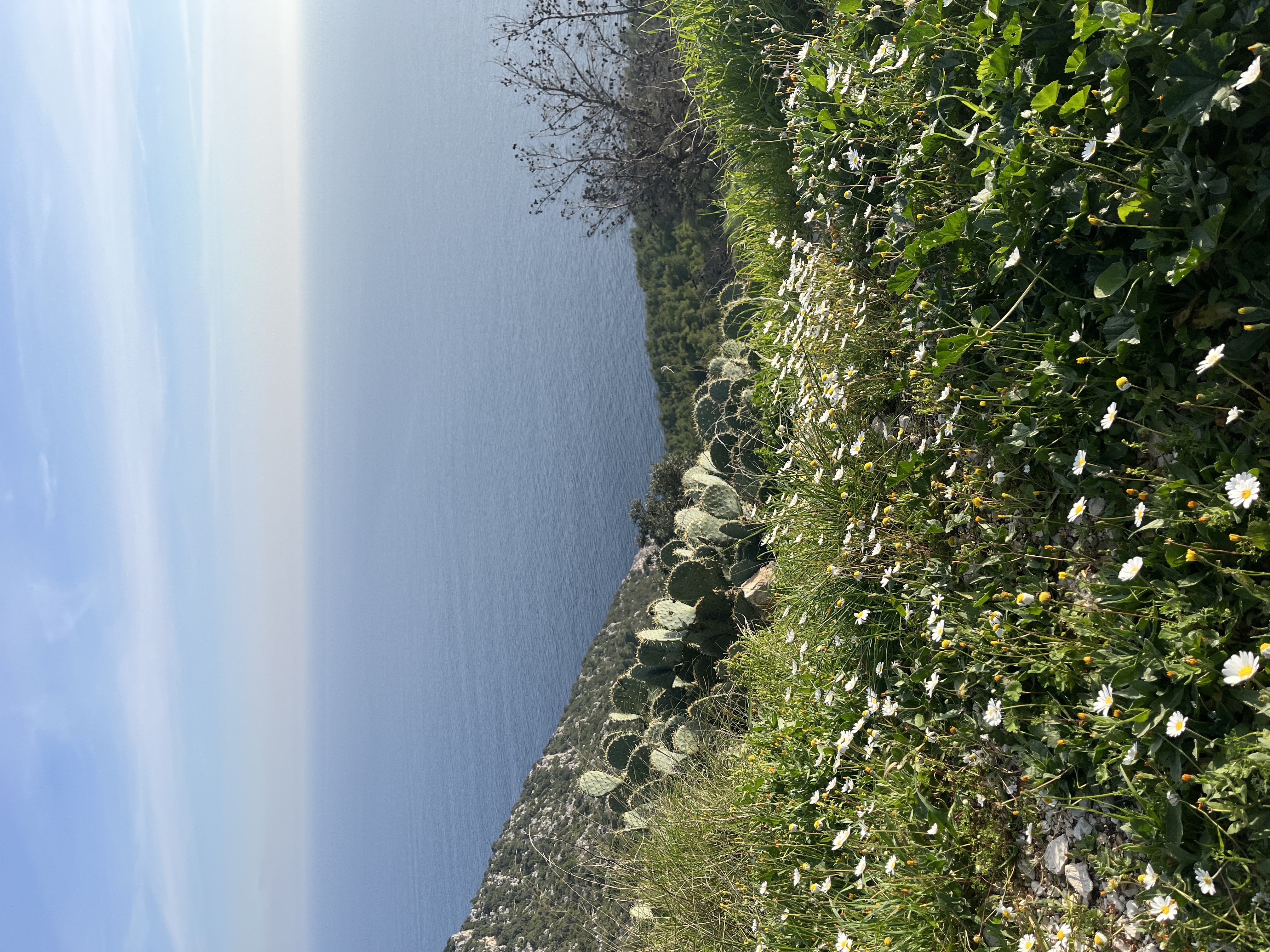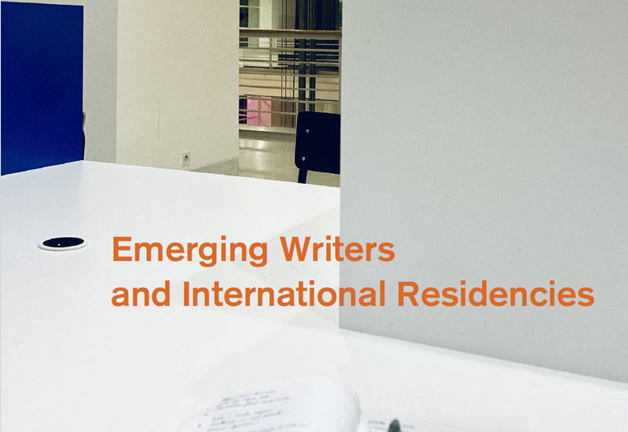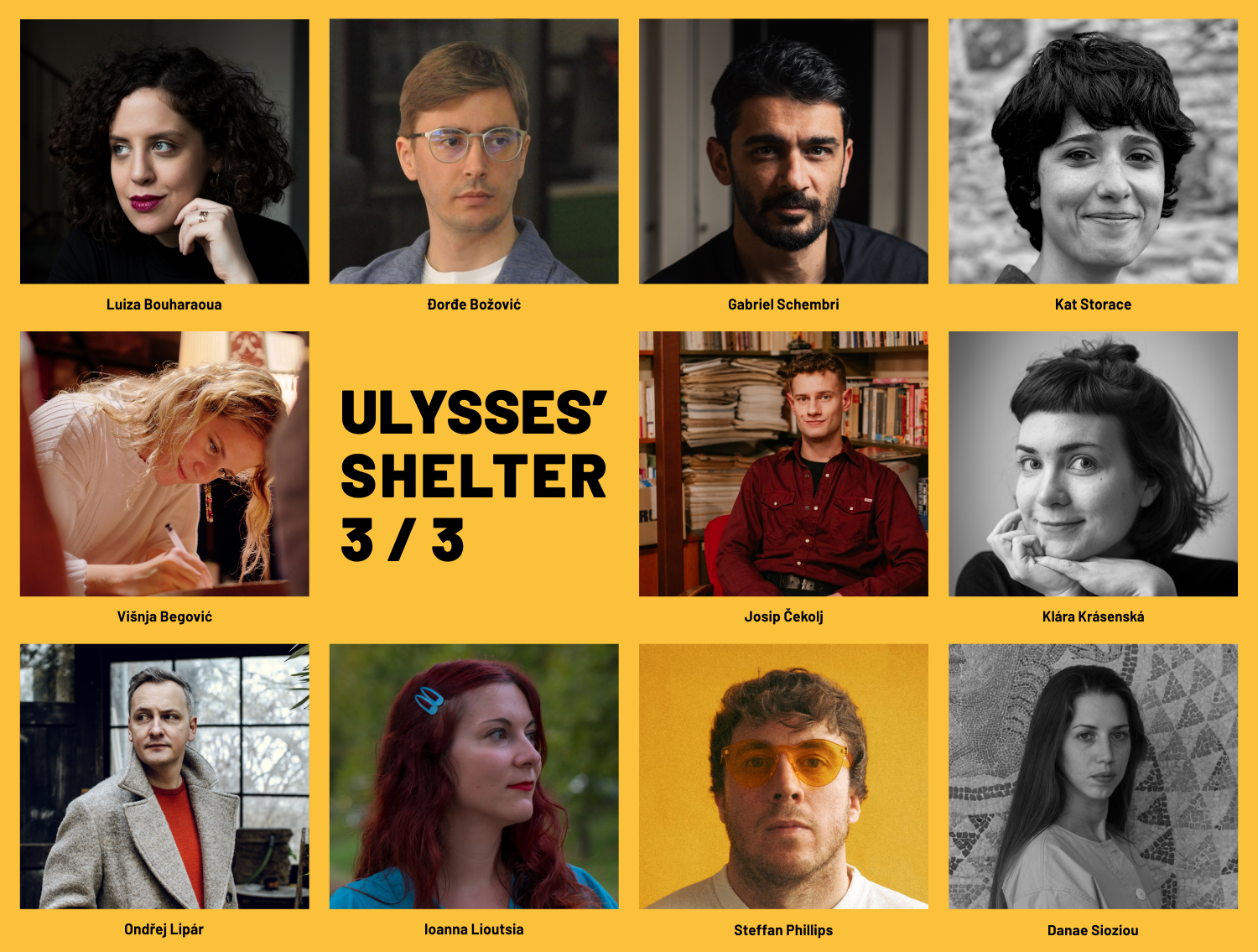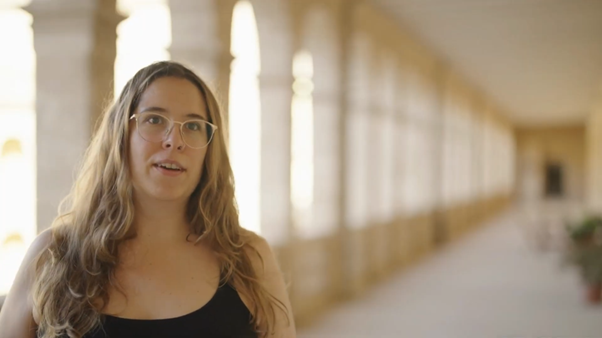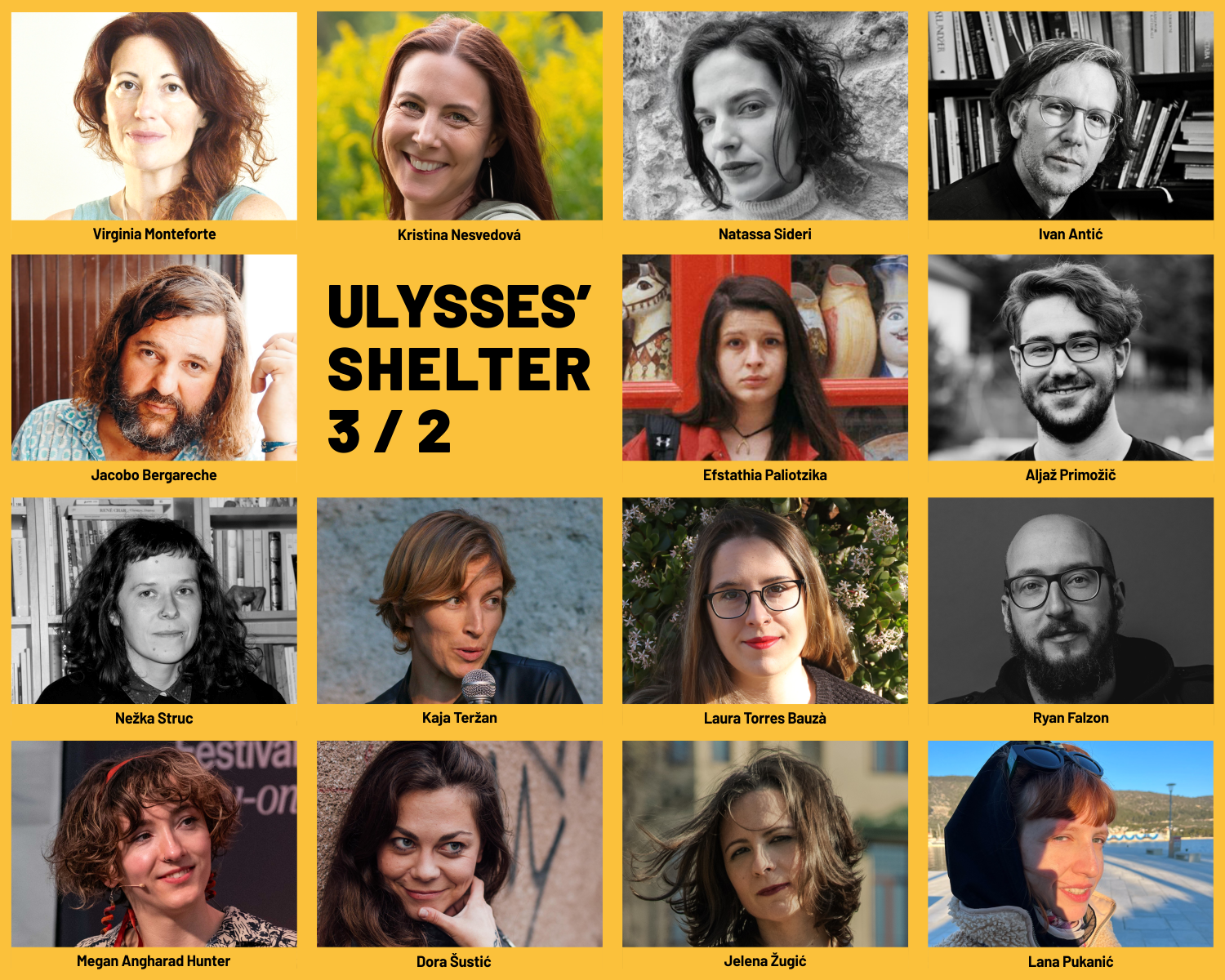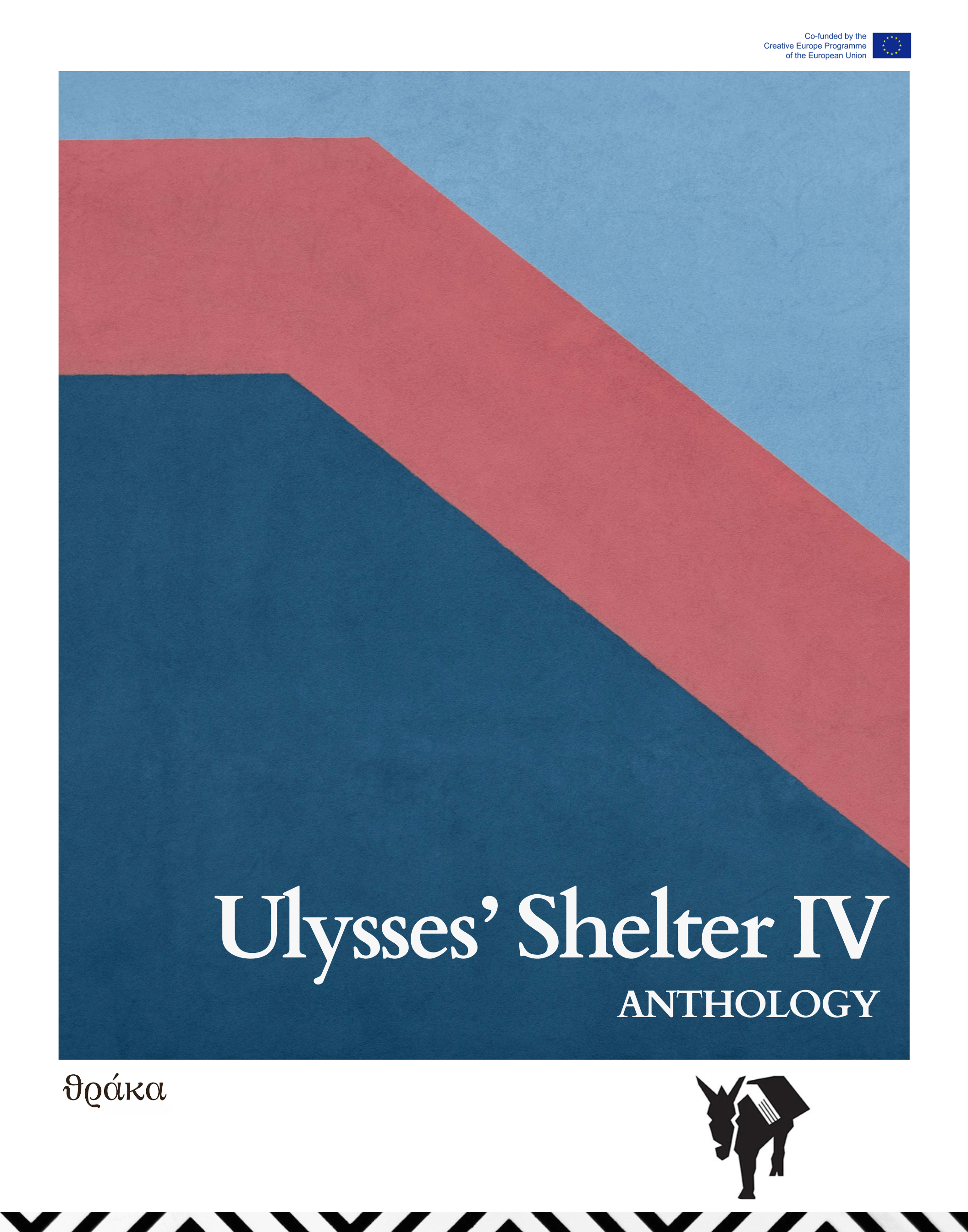The past few days I keep having the same dream: I’m sitting on a low, wooden stool in the inner courtyard of my grandparents’ house. I have a blue net looped around the big toe of my outstretched foot, and in my hand, I’m holding the tool that belonged to my grandfather’s father, and which he used to mend his fishing nets. Nothing happens in the dream. I just sit on the stool, mending and repairing the nets, but I never cast them, nor do I catch anything with them. When I look away for a moment, I notice someone gesturing faintly to me from the door to stop.
There are always two dreams—one crosses through the first, until the first one ceases to exist. The dream I remember shows me the house I must still be living in, the one where eternity was nothing more than my hand holding the tool that mends the nets. And yet when I return there, I feel exiled from all of it, and I try to avoid that feeling of desolation by replacing it, a moment later, with something that mimics the indifferent sounds of insects around me, or the intense smell of seaweed on the sea-washed square just a little further down—things that are, in fact, sacred.
For a moment, and then for another moment still, I want to belong somewhere else, and I ask you to please take a few more steps with me so we can cross together somewhere beyond this house, in which the wrong fate got trapped in the stone—let’s go a little further, with the skies burning behind us. If we keep walking, a newborn island will appear before us, which will soon become a peninsula. We will walk the way travelers and fishermen walk along wide beaches in order to reach the shoreline. In the past, most of a fisherman’s life was spent caring for his nets. But I have nothing to do with that profession.
My name is Alkmini, I’m fifty-two years old, I work at the post office, and yesterday was my birthday—we had a party. I was trying to explain to a tourist who happened to be there, a friend of friends, that I’m Greek but not local, I come from a different island, not the one I live on now. He said yes, I’m not from here either, I’m Danish. Okay, I told him, and I felt that what we truly wanted was to leave that place and walk toward the ships. That thought ran through my hips and then I lost it, along with my conversation partner, who moved on without me. Sometimes I don’t recognize my voice when I speak, this voice that was once given to me and opened a path through silence, through whispers, through the rustlings and voices of other people, until my voice became mine—and not mine anymore.
I searched with my eyes for Maria. A few kilometers from where she grew up, a small town, located in the middle of the mainland of the country, there was a huge camp with over a thousand Roma families—I wonder if it still exists. Maria says that the Roma people still drive through the city in their cars, looking for metal and old things. As a child Maria secretly put a few of her belongings in a suitcase and hid it under her bed. Every time someone yelled or hit her she would wait for the Roma people to come by and secretly take her away. She gathered all of her courage so many times to try and approach them but something always kept her back. Her little feet never took a step out of the house in which she was tormented.
